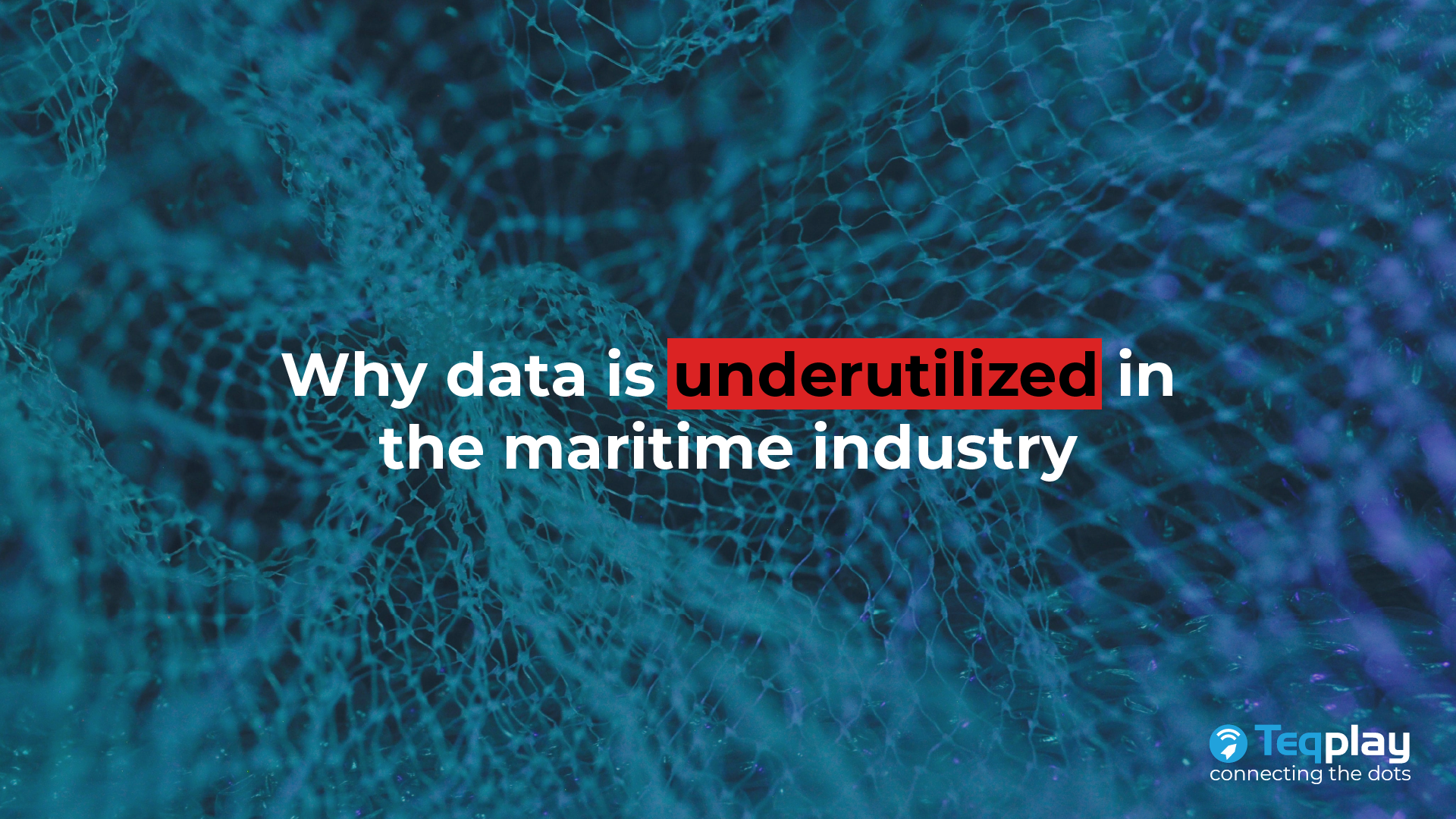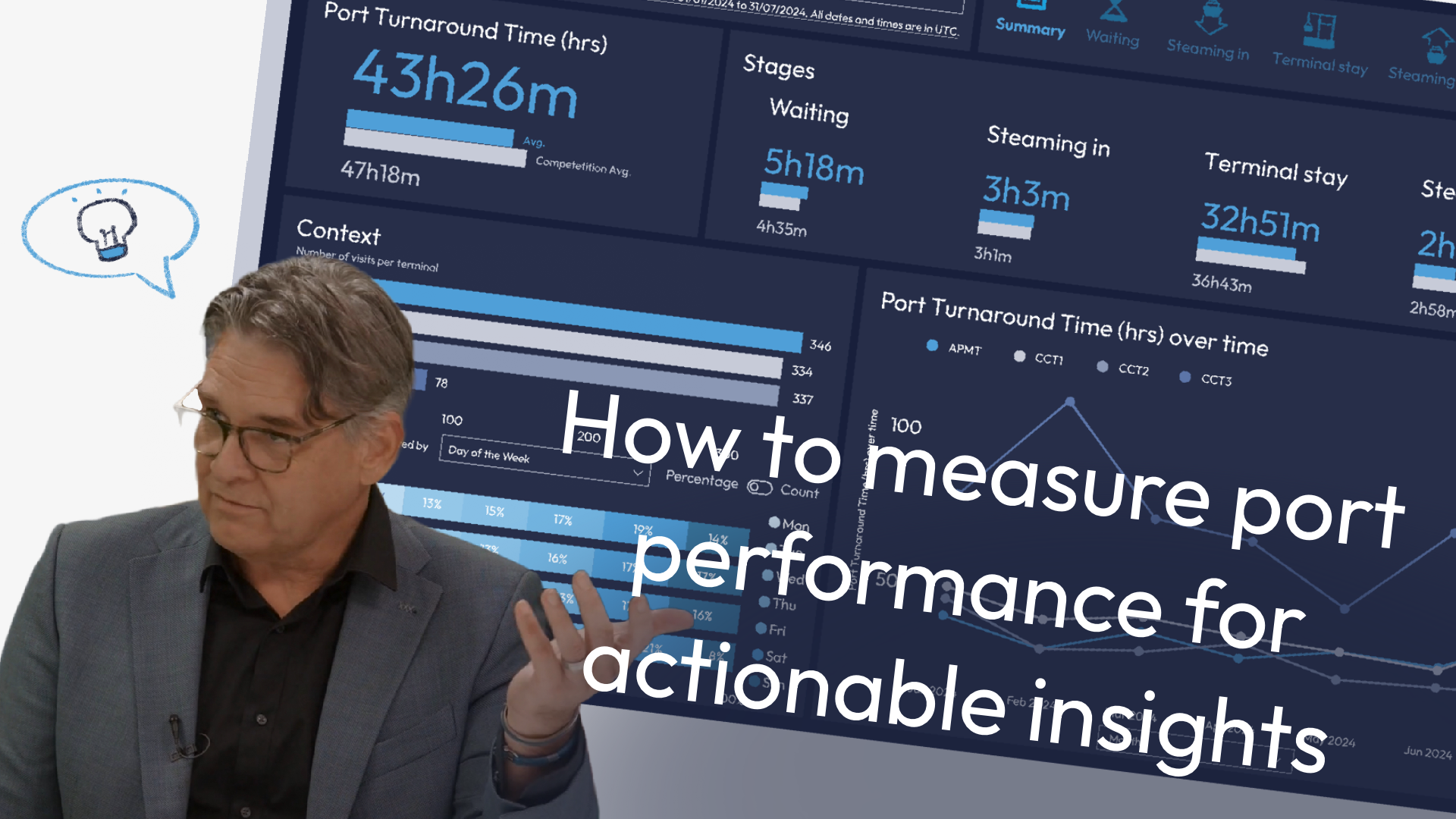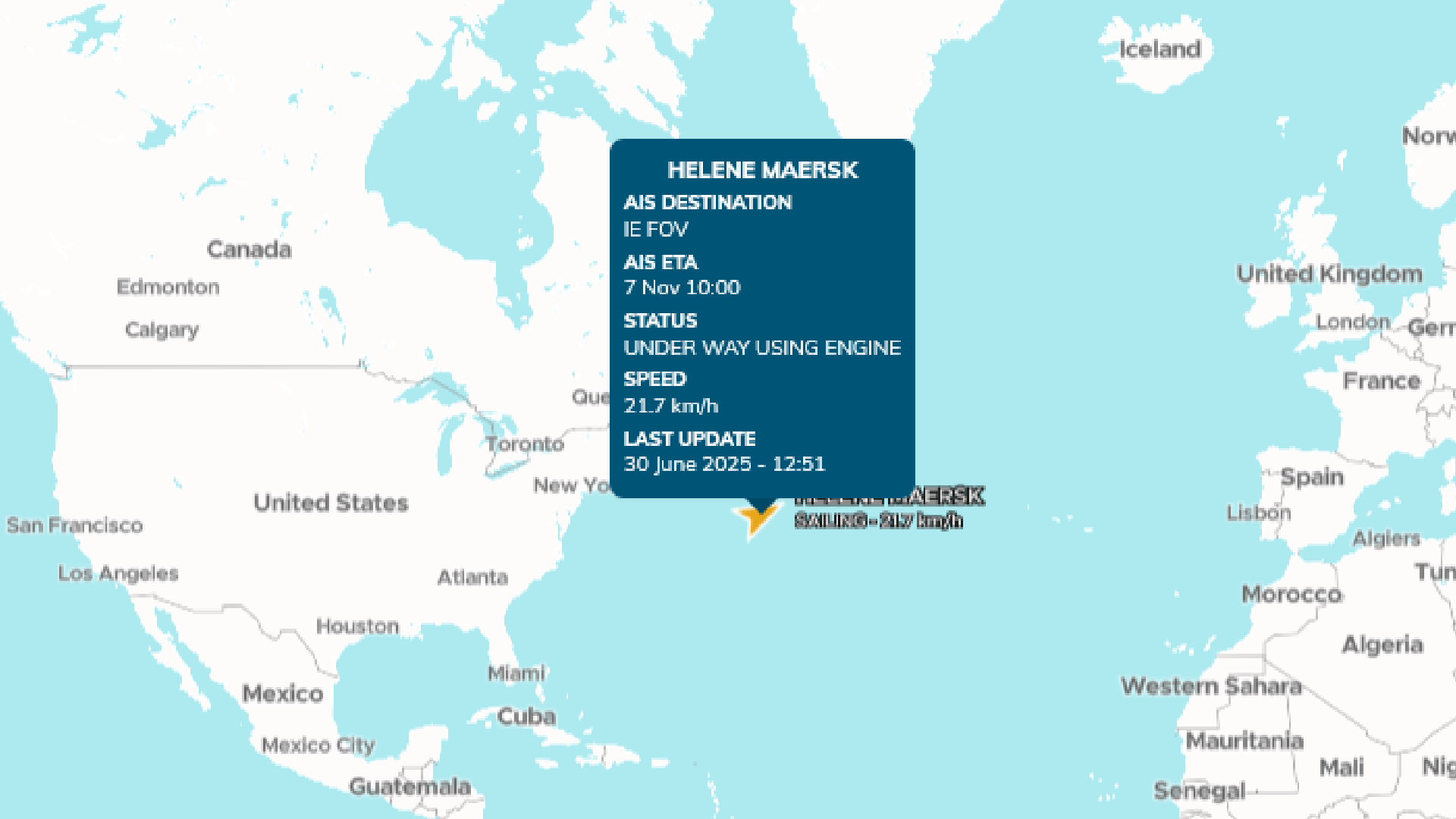The maritime industry is a crucial part of global trade and commerce, with millions of tons of goods being transported across the world’s seas and oceans every day. The industry generates a significant amount of data related to vessel movements, port activities, cargo handling, and more. However, this data is not being utilized to its full potential, and the reasons for this are multifold.
1. Data quality
The first reason why the information available in the maritime industry is not being used is due to data quality. A lot of the data is still recorded manually, which means it is error-prone and not timely available in many cases. The quality of the data is essential because if the information is not accurate, people will not use it. This is especially true in the maritime industry, where small errors can lead to significant consequences. For example, incorrect information about the ETA (estimated time of arrival) of a vessel can cause delays and disrupt supply chains.
2. Lack of standardization
The second reason for the underutilization of data is the lack of standardization. People are using different definitions to describe the same thing, leading to confusion and inaccurate data. An example is the use of various different definitions for ETA, leading to discrepancies in the data. ETA can be defined as arriving at port, arriving at a pilot boarding place, or arriving at a berth. This lack of standardization makes it difficult to compare and analyze data, which, in turn, limits the usefulness of the information.
3. Resistance to change
Resistance to change is also a significant barrier. The industry has been slow to adopt new technologies and change the way it operates. People are too used to the way of working without utilizing complex data solutions. Changing this way of working requires significant effort and collaboration from maritime stakeholders, and it’s a big challenge to do that. Trying to change one’s behavior, that’s the hardest thing. Resistance to change can be due to various reasons, such as a lack of awareness of the benefits of using data, a lack of skills to use data effectively, and concerns about data privacy and security.
To overcome these challenges and increase the use of data in the maritime industry, there is a need for a collective effort from all stakeholders involved. There is a need to improve the quality of data by implementing better data recording practices and using advanced technologies like IoT and AI for data collection and analysis. Standardization of data definitions and formats is also necessary to ensure that all stakeholders are using a common language. Finally, the industry needs to address the resistance to change by fostering a culture of innovation and collaboration.

Léon Gommans | CEO/Co Founder of Teqplay
A serial entrepreneur who’s passionate about #innovation, #technology, #collaboration, and of course, #maritime. The mission is: to connect the dots & to get it to work, together with the industry!
- +31 (0)6 55306660
- leon@teqplay.com
- Léon Gommans




